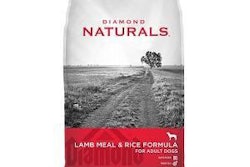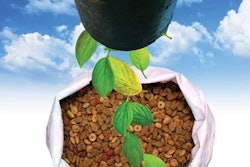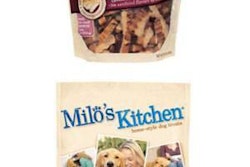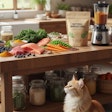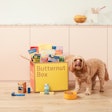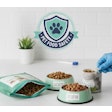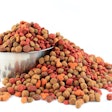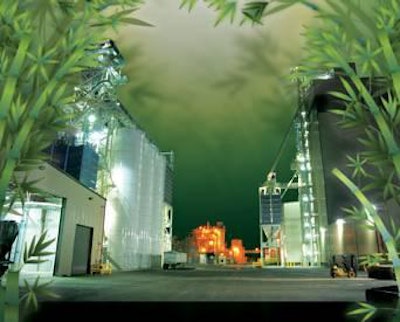
Staying sustainable may be a topical trend in the media or a consumer-driven marketing tool according to some, but I applaud petfood companies who go out of their way to make their production and facilities more eco-friendly. Shrinking your carbon footprint also significantly reduces costs-something even the staunchest cynic can't argue with. Here, we take a look at what petfood companies have been doing over the past year to make their facilities more efficient in cost, time and energy.
The 300,000-square-foot Diamond Pet Foods facility in Ripon, California, US, went online in May 2012 with more than 500 high-efficiency, Class II Div 2 LED fixtures by Dialight. Through combined energy and maintenance savings, the company expects a full return on its investment in the new, energy-efficient lighting system in less than two years. According to Diamond, the company was aiming to minimize energy consumption and achieve more sustainable operations at the new facility, and had already installed solar panels designed to provide roughly one-quarter of the electricity to power the building.
The complete lighting installation includes 304 2-foot and 4-foot LED Linear fixtures, 145 LED High Bays and 89 LED Area Lights, for a total of 538 Dialight LED fixtures. According to Dialight, the company can expect to use at least 50% less energy compared to other options with this system.
Allpax Products, partnered with Pro Mach, offers a waste-steam recovery system for retorts that is designed to lower energy costs, reduce consumption of water and improve the overall sustainability of a petfood facility. The Allpax waste-heat recovery system captures the "come-up vent-open" waste steam in a vented tank where the steam condensates into hot water. This hot water can be used to supplement hot water in lavatories and cleaning stations or it can be run through heat exchangers for heating food or other processes at the plant, says Allpax.
"Every company interested in improving its overall sustainability in terms of reducing energy and water consumption while lowering operating costs will find the new waste-heat recovery system a welcome addition to the plant," said Greg Jacob, vice president and general manager of Allpax.
Butchers Pet Care, a family-run, UK-based petfood manufacturer, has moved its Northamptonshire-based operations to a manufacturing plant and has purchased a comprehensive CompAir compressor system to meet its complete air requirements and to be more energy efficient. "The manufacturing and distribution facility has been designed with energy efficiency in mind," says Laurence Dawson, senior projects manager for Butchers. "The plant has had brand new production lines installed as well as a range of technology designed to reduce the company's carbon footprint, including rainwater harvesters, energy-saving lighting, solar panels and low-water use appliances. We have also taken special care to install a new compressor system with enhanced efficiency, which has been installed and supplied by CompAir."
Two CompAir L90 fixed-speed compressors have been installed to operate as duty/stand-by machines. An L75RS regulated-speed compressor has also been installed to flatten the peaks in compressed air demand. With the combined system, the compressors continually provide the exact amount of air required, enabling Butchers to ensure minimum energy waste.
Ainsworth Pet Nutrition recently studied their entire manufacturing process from an environmental perspective and determined that the company could reduce negative environmental impact in three key areas: waste, water and energy. Ainsworth says its sustainability goals over the next few years are:
- Reduce the amount of greenhouse gas emitted per bag of petfood by 15%
- Create less than 1% waste
- Recycle over 99% of items that don't need to be thrown away
- Reduce the amount of water used in entire production process by 25%
- Make over 99% of waste, someone's input
A good portion of what was once landfill waste is now being used as fertilizer for farmers, according to Ainsworth, and the company is also looking to turn this waste into bio-energy. Over 10,000 tons of waste have been recycled to date and 86% of the company's manufacturing waste is currently being recycled.


